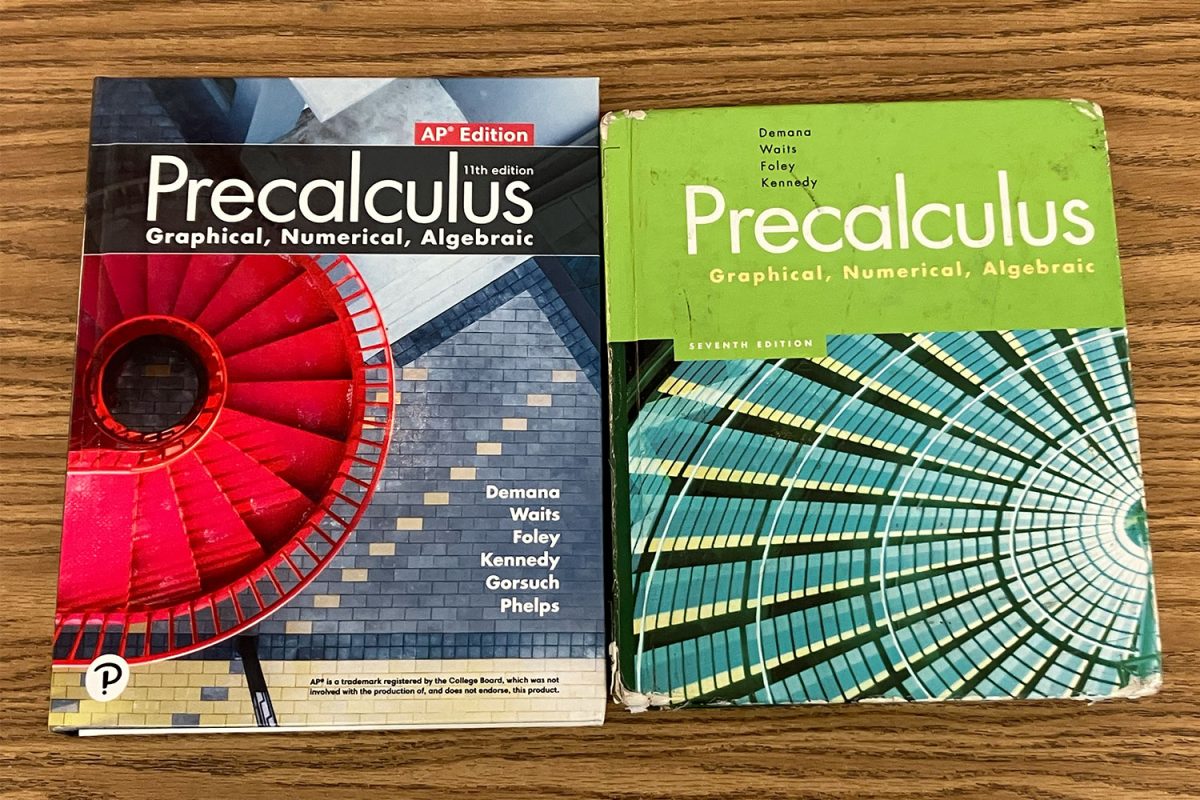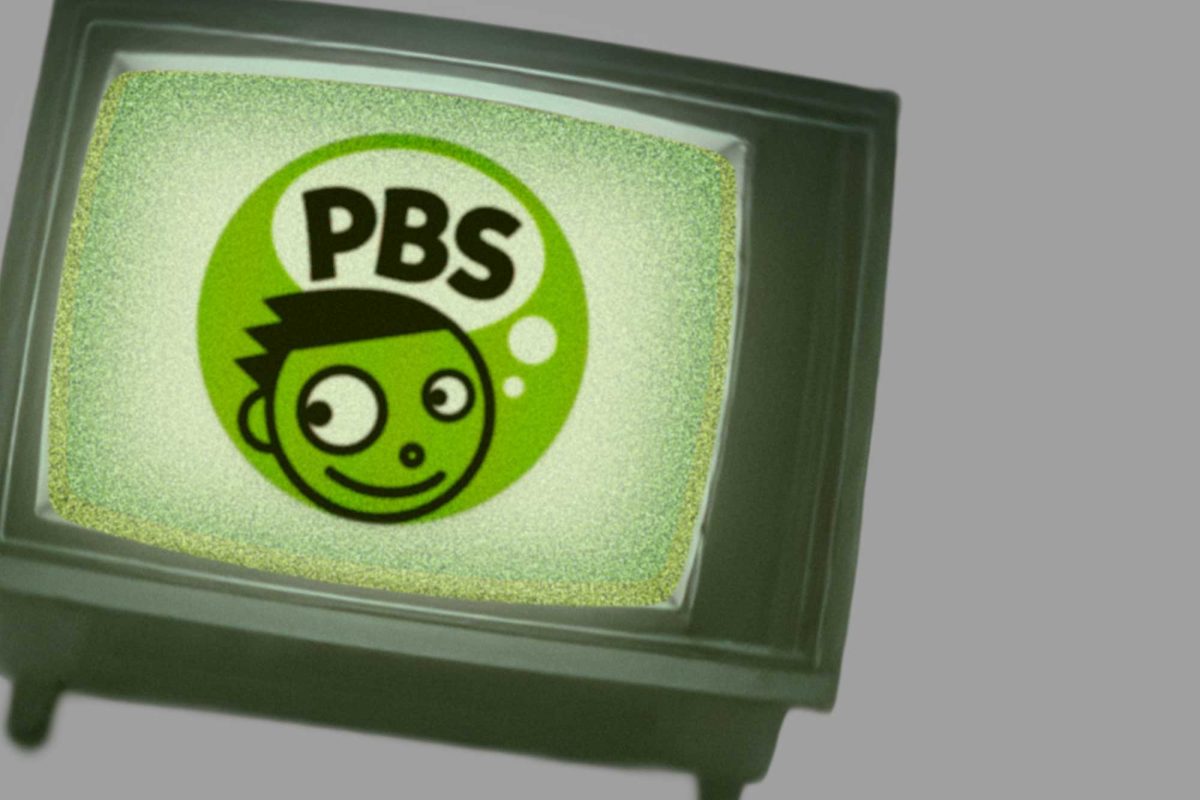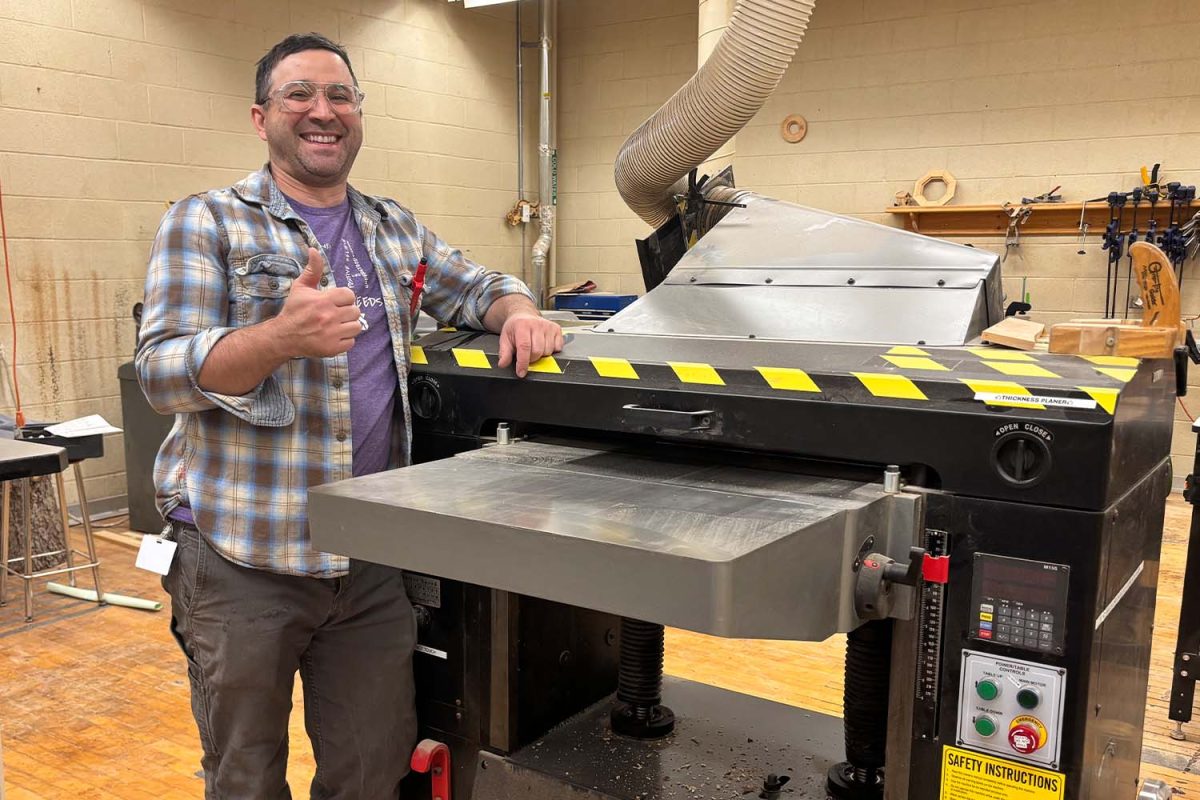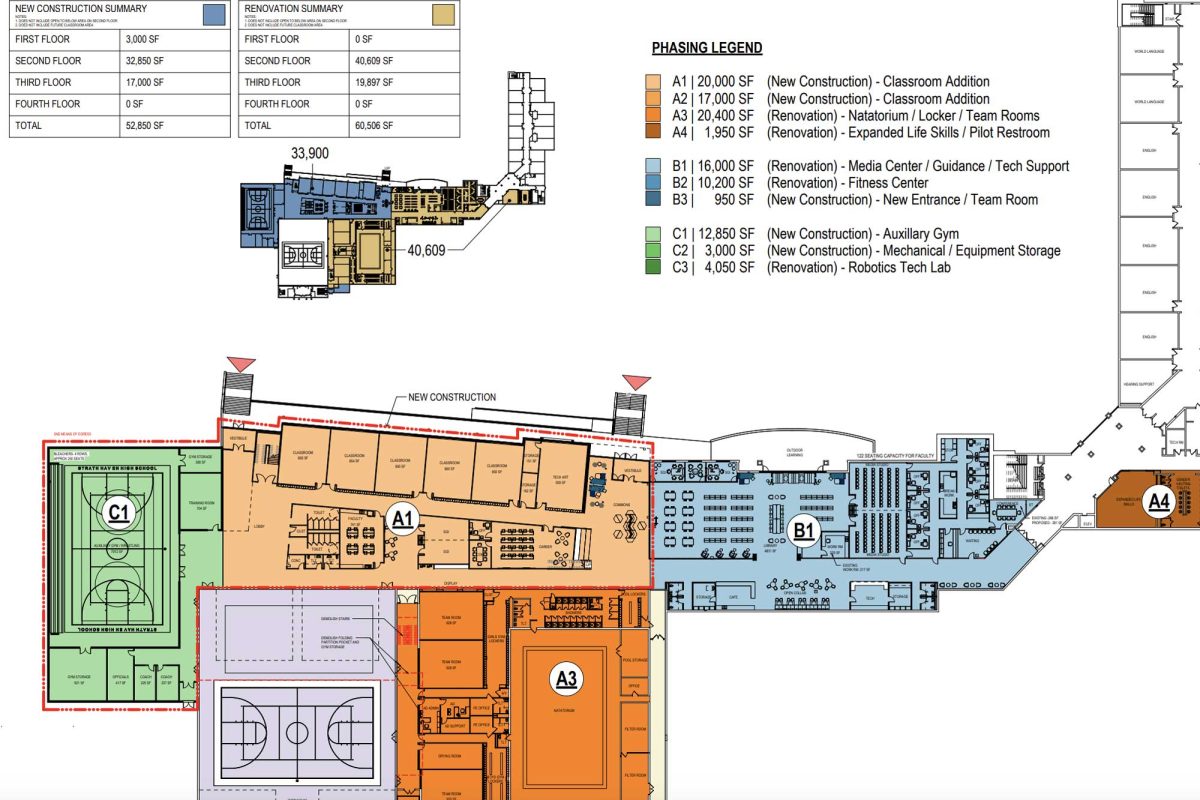According to Math Department Chair Mrs. Lysa Rieger, students can choose to take either AP Precalculus or Honors Precalculus in the 2024-2025 school year. AP Precalculus is a pilot that will run simultaneously with Honors Precalculus.
“The hope is that it will give some inspiration to students who had never considered taking an AP to try one in math,” Rieger said.
The courses will be taught in the same room, and the curriculums will be similar. AP Precalculus enables the students on the College Prep track who earn A’s in Algebra 2 CP and Trigonometry to take an AP class.
According to Director of STEM Teaching, Learning, and Innovation Mr. Andy Benzing, AP Precalculus is a function-based course similar to Honors Precalculus. It assumes students have little to no knowledge of trigonometry.
The first three units in the AP Precalculus curriculum are traditional topics students currently cover in a precalculus class. The fourth unit includes optional topics, such as vectors and matrices, which will not be on the final AP test.
The College Board website lists 10 colleges in Pennsylvania that currently accept AP Precalculus scores for college credit. The fee for the AP exam is $98.
“Some kids might not want to pay, might not want to take the AP course because they don’t want to sit for an exam that they think their schools aren’t going to take,” Rieger said.
The new AP Precalculus curriculum focuses on modeling and applying functions students learn in Algebra 2 and precalculus back to the real world.
“When you’re studying trig functions, instead of just talking about sine and cosine kind of arbitrarily, also talk about how if you look at the amount of daylight at a particular location throughout the year, it makes the sine curve,” Rieger said.
College Board announced the AP Precalculus class in 2022 and debuted the class in fall 2023. According to Rieger, Strath Haven waited to run AP Precalculus because they wanted to see how it went before they went in that direction.
“December 2022, the College Board had to rewrite the AP curriculum. And then some professors said that it wasn’t strong enough, and then they rewrote it,” Rieger said. “When that happened, we made the decision to wait a whole other year to see where it ended up.”
According to Benzing, the district and the department have considered AP Precalculus for two years. The official decision came from building leadership, central administration, and the curriculum office, and a lot of input was used in making the decision.
“I’ve worked here a long time, if there’s no interest from everybody involved, it’s tough to move things forward,” Benzing said.
According to Benzing, the district has a veteran core of precalculus teachers who have taught it for a long time. The College Board provides many resources for teachers to experience before they teach the class, which is one of the benefits of not being the first district to teach the course.
“We’ve got some online webinars on person interface and workshops that they’re going to complete, which I think are helpful. Next in-service day coming up, we’re going to have our precalculus team work through some of these modules,” Benzing said.
The College Board is offering AP Precalculus to try to standardize the expectations for precalculus in many different schools across the country, as there are many different precalculus courses. Also, many students take precalculus as seniors across the country, and they want to allow them to take an AP-level class.
“Historically, in order for a student to experience an AP level class, they had to have completed precalculus and launch into AB or BC calculus. There’s AP Statistics…which is a growing course for us,” Benzing said. “But in terms of the calculus field, they had to get all the way to AP Calculus.”
According to Rieger, the College Board had a choice of whether to make Precalculus or Multivariable Calculus an AP class, and they chose Precalculus.
“It would be only people who took BC Calculus as juniors and that’s a much smaller group across the country. So I think that’s why the College Board made that decision,” Rieger said.
Freshman Vivian Legate-Yang has registered to take AP Precalculus next year. Legate-Yang stated that AP Precalculus would help her adjust to AP classes later, and the AP exam would push her to study harder in that class.
“Having the AP exam will probably make sure I’m on top of that class more than anything else and getting good test scores so that the AP exam will come hopefully easier to me,” Legate-Yang said.
Some people will question the course change because the district has greatly succeeded with its current precalculus offerings.
“I put myself in that category to provide access for students that might not normally have had it before,” Benzing said. “You’ll hear a lot of different perspectives, and quite frankly, they’re all right. That’s why change is really hard. All these perspectives are correct.”
In the case of AP Precalculus, the course will be effectively the same as Honors Precalculus—just with the requirement to take the AP Precalculus exam at the end of the class.
“It narrows our focus a bit and hopefully emphasizes mathematical practices, as well as everything else that we really benefited from with precalculus through the years,” Benzing said.















